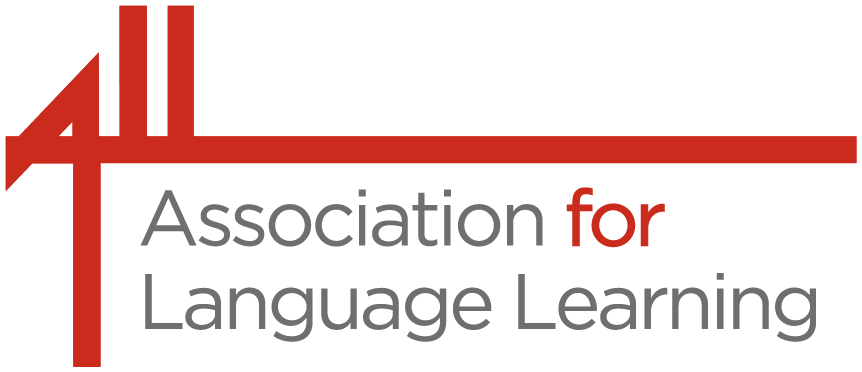The 2015/16 edition of the Language Trends survey is now live!
![]() Three thousand primary schools and 2,500 secondary schools, including 500 independent schools, have now received letters asking them to complete the online surveys. If your school has been selected as part of this year’s sample, we would urge you to respond in order to contribute to this important annual update on the state of our subject.
Three thousand primary schools and 2,500 secondary schools, including 500 independent schools, have now received letters asking them to complete the online surveys. If your school has been selected as part of this year’s sample, we would urge you to respond in order to contribute to this important annual update on the state of our subject.
This year, the secondary survey is exploring secondary schools’ response to the announcement by the DfE that all pupils will be expected to sit GCSEs in EBacc subjects. Is this likely to create a surge in uptake for languages, possibly leading to a crisis in teacher supply? Or is it more likely that schools will adopt a ‘wait and see’ approach, particularly in the light of reforms to GCSE intended to make them more rigorous? Independent schools will be particularly interested in the questions relating to A levels, which ask about take up and about satisfaction with the exams and the grades received by their pupils.
At the beginning of this second year of statutory status for languages in Key Stage 2, primary schools are being asked how they provide language teaching and what specialist expertise they have to draw on to help them develop teachers’ skills and provision for languages.
As a new element this year, both primary and secondary surveys include a question on community languages. In the light of threats to the future of exams in ‘small-entry’ languages, and in the wider context of the debate on immigration, it will be interesting to know to what extent schools take home languages into account in responding to the needs of pupils with English as an Additional Language.
The surveys will be open until after half term, so there is plenty of time to respond if you have received a letter but have not yet had a chance to do so. The results will be published in the early spring, with a special preview at next year’s Language World conference, which takes place in Rugby on 11-12 March 2016.
Read the Language Trends survey report 2014/15, and here for previous Language Trends Surveys.
The Language Trends Surveys are compiled by CfBT, the British Council, ALL and ISMLA.
